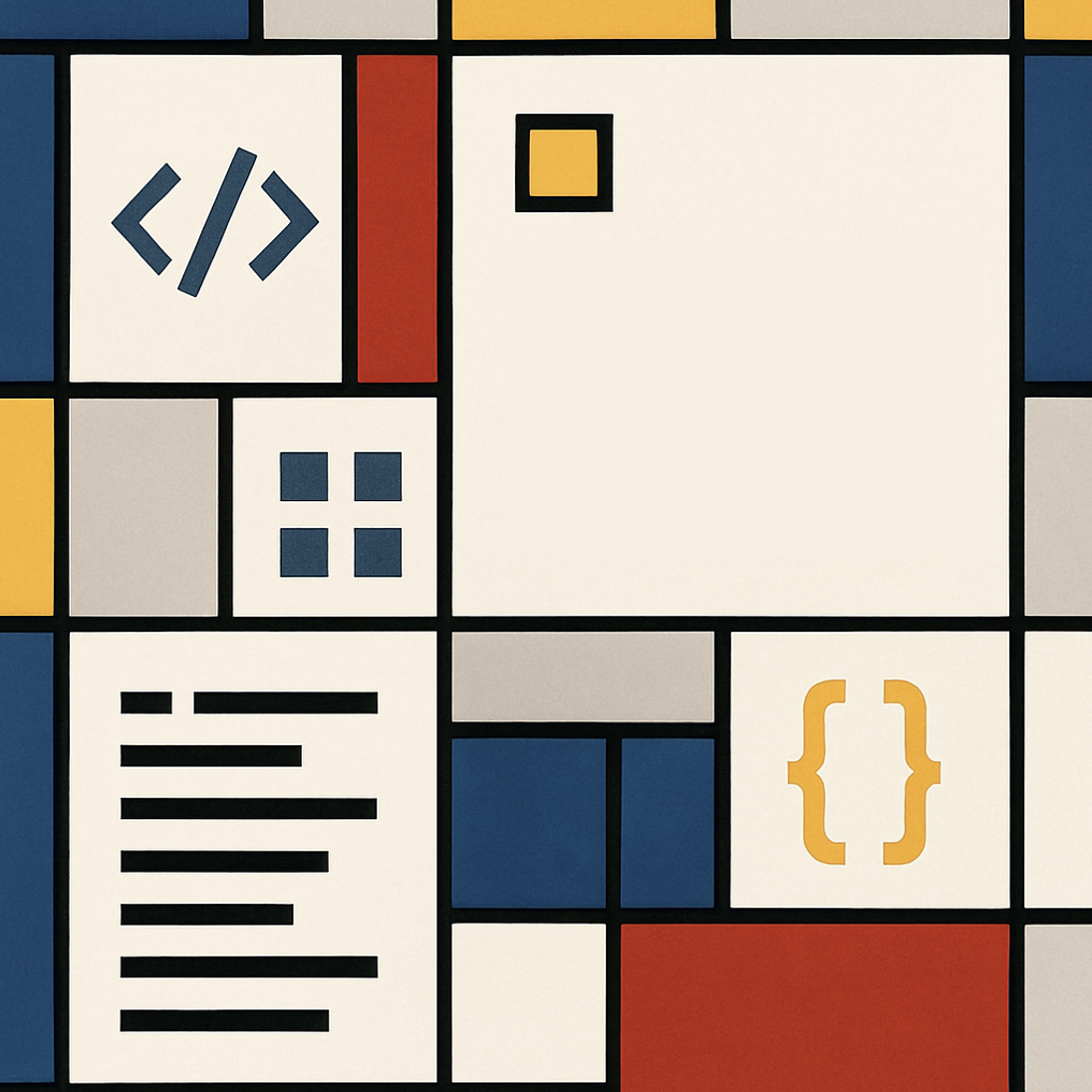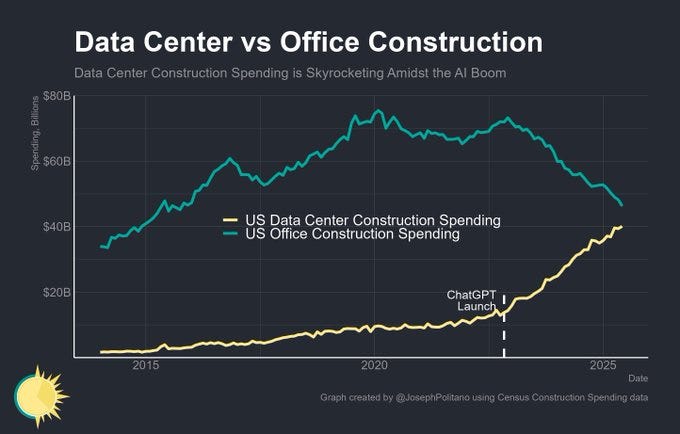Typed languages are better suited for vibecoding
My >10 year old programming habits have changed since Claude Code launched. Python is less likely to be my go-to language for new projects anymore. I am managing projects in languages I am not fluent in—TypeScript, Rust and Go—and seem to be doing pretty well.
It seems that typed, compiled, etc. languages are better suited for vibecoding, because of the safety guarantees. This is unsurprising in hindsight, but it was counterintuitive because by default I “vibed” projects into existence in Python since forever.
Paradoxically, after a certain size of project, I can move faster and safer with e.g. Claude Code + Rust, compared to Claude Code + Python, despite the low-levelness of the code1. This is possible purely because of AI tools.
For example, I refactored large chunks of our TypeScript frontend code at TextCortex. Claude Code runs tsc after finishing each task and ensures that the code compiles before committing. This let me move much faster compared to how I would have done it in Python, which does not provide compile-time guarantees. I am amazed every time how my 3-5k line diffs created in a few hours don’t end up breaking anything, and instead even increase stability.
LLMs are leaky abstractions, sure. But they now work well enough so that they solve the problem Python solved for me (fast prototyping), without the disadvantages of Python (lower safety guarantees, slowness, ambiguity2).













